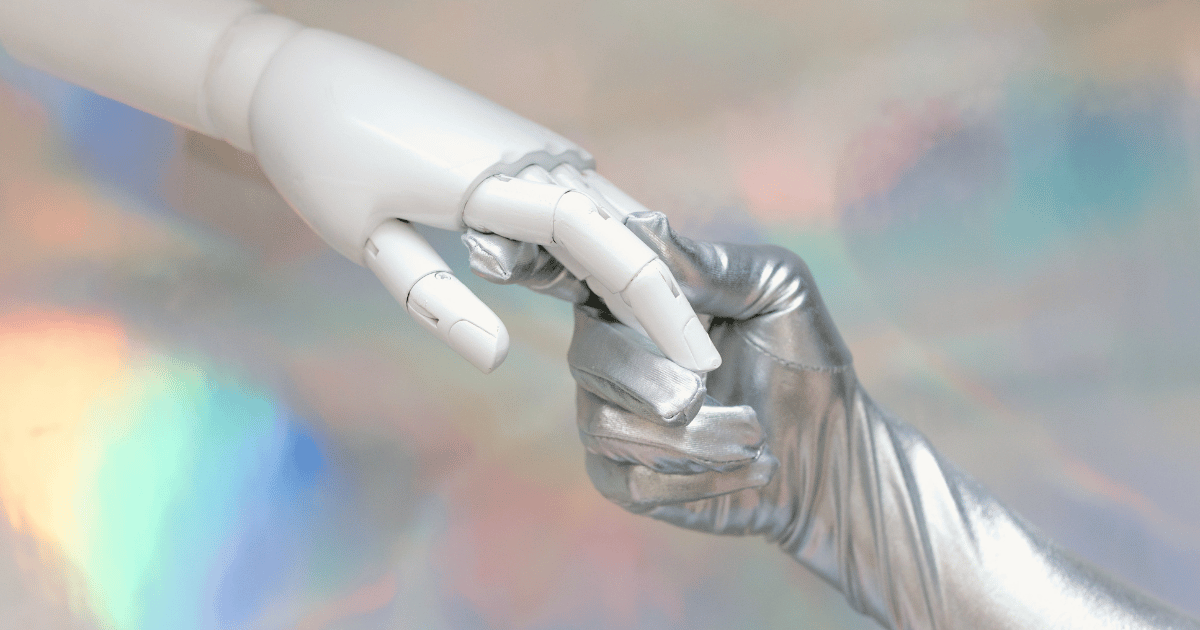This article is based on Ben Munroe’s talk at the Product Marketing Summit in Singapore. As a PMA member, you can enjoy the complete recording here. For more exclusive content, head over to your membership dashboard.
I recently asked ChatGPT to write a joke that would make product marketers laugh. Here’s its attempt:
Because they wanted to take their pitch to the next level. 😂
Not the most hilarious or PMM-specific joke, but it did include a laughing emoji, as if that would help the joke land.
So, I tweaked my prompt a bit, this time asking it to include some product-marketing-specific references. The next joke was even more painful:
Because they know the best way to sell a joke is through a well-crafted narrative, a compelling hook, and a call to action… to laugh! 😂 📈
Awful. There aren’t enough random emojis in the world to make it land.
I hit regenerate and got this:
Because they heard the key to success is thinking outside the box! 📦 😄
ChatGPT had lost the plot.
Comedy was clearly beyond the capabilities of ChatGPT 3.5, so I upgraded to ChatGPT 4 and gave it the same prompt. The result?
Because good luck hiding when they're always looking for more visibility!
Well, it was worth a shot.
Next, I tried Bard and a bunch of other large language models (LLMs) and the jokes they told were, unbelievably, even worse. One of them even gave me quite a lewd response – I’ll leave that one to your imagination.
It’s clear that AI is not likely to become your funniest colleague any time soon, but could it become your most valuable colleague? That’s what we’re going to explore today. Then (spoiler alert!) we’ll delve into the various ways AI can revolutionize product marketing, including:
- Gathering customer insights,
- Delivering personalized and impactful marketing campaigns, and
- Streamlining product marketing processes.
Let’s get into it.
The rise of generative AI in marketing
Like many people, I spend a lot of time thinking about AI.
Truth be told, I spend a fair bit of time worrying about it too.
AI is something of a double-edged sword. I work in cybersecurity at Cloudflare, and AI allows us to detect, block, and mitigate threats faster. It also allows attackers to write malware faster and more efficiently.
As a marketer, the idea of letting machines loose on all the valuable work we do, while exciting, gives me pause for thought.
AI is also kind of controversial – much like our friend Elon Musk. At a recent summit in the UK, he claimed that AI would create a future where “no job is needed” as “AI will be able to do everything.” To be fair, he later clarified that this means there'll be no need for jobs as we know them today, but “you can do a job if you want a job.”
Still, the question of whether AI will replace human jobs is an interesting one. To answer it, I did what any good product marketer does and turned to data.
In a survey of small and medium-sized businesses in the US from mid-2023, 70% of respondents believed they'd save $5,000 or less per year by using AI-powered marketing tools. Let’s be real: most companies are not going to lay off their staff for a $5,000 saving.
In short, based on this data and my personal experience, I'm not worried about AI taking our jobs.
Just to be sure, I asked ChatGPT to give me some reassurance that AI won't replace us. It replied, “I’m offline.” Even with a paid subscription, the bots aren’t always on our side!
Eventually, ChatGPT did provide an 800-word essay explaining why we needn't worry. The concluding paragraph nicely captured the essay’s essence: “Embrace AI as a supportive partner in your journey, and together, you can achieve remarkable success in the ever-evolving world of product marketing.”
It seems that’s exactly what we’re starting to do as an industry. In fact, I even used AI to generate the slide below. I’m not in love with it, but it does the job and it has a nice clean layout.
The findings in the 2023 State of Product Marketing Report reflect this trend, with over half of the survey respondents stating that they use AI in their product marketing strategies. Given that ChatGPT is now only a year old, I suspect that when the 2024 survey results are published, that proportion will have grown substantially.
The survey also found that the rise of AI is putting more pressure on teams – likely because their stakeholders are expecting faster content production, greater insights, or more integrated tools.


 Follow us on LinkedIn
Follow us on LinkedIn
